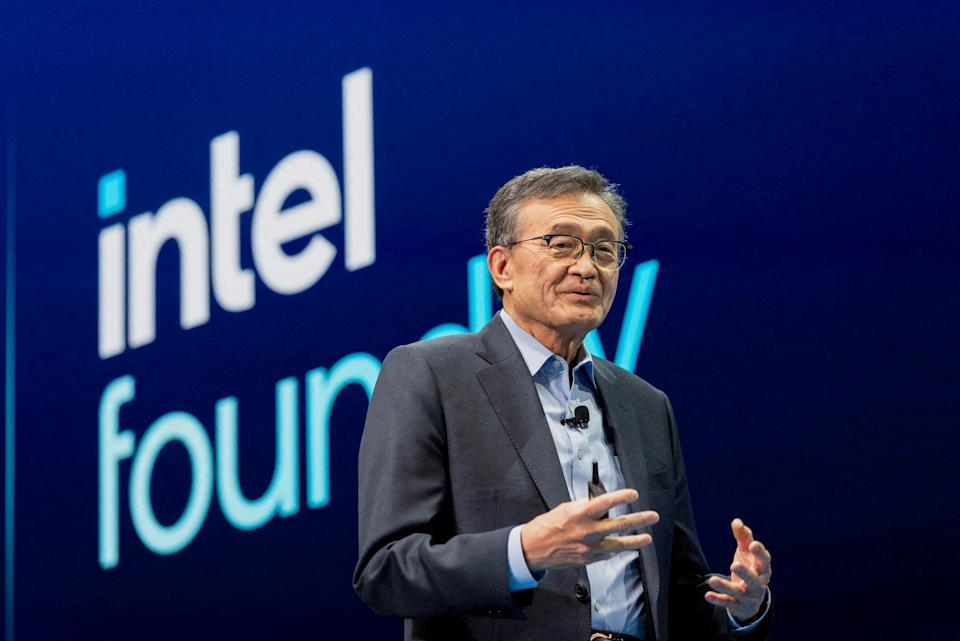
SoundHound AI CEO says 'blowout quarter' is just the beginning as stock surges
Key Points
- SoundHound AI (SOUN) reported a 217% year-over-year revenue increase, reaching $43 million, despite a per-share loss of $0.19.
- The company's stock surged nearly 30% post-earnings, with a 160% gain over the past 12 months, though it's down 32% year-to-date.
- SoundHound raised its fiscal 2025 revenue guidance to $160-$178 million, driven by new deals and cross-selling across industries like restaurants and automotive.
- The company is expanding in voice commerce with agentic AI, partnering with major OEMs and restaurant chains like Red Lobster, IHOP, and Chipotle.
- Analyst Gil Luria from DA Davidson raised the price target to $15 from $10.72, citing SoundHound's growth in a massive, underpenetrated market.
Summary
SoundHound AI (SOUN) is experiencing significant growth, with its stock soaring nearly 30% after a stellar earnings report showing a 217% year-over-year revenue increase to $43 million, despite a $0.19 per-share loss. The voice AI company, led by CEO Keyvan Mohajer, is expanding across industries like restaurants and automotive, leveraging agentic AI to enable complex, independent decision-making for tasks such as ordering food or booking appointments via voice commands in cars. SoundHound raised its fiscal 2025 revenue forecast to $160-$178 million, fueled by new partnerships with major brands like Red Lobster, IHOP, and Chipotle, and growth in 14,000 restaurant locations. Its stock has risen 160% over the past year, though it’s down 32% year-to-date. Analyst Gil Luria from DA Davidson boosted the price target to $15, highlighting SoundHound’s increasing market share in AI-driven customer service. The company aims for adjusted EBITDA profitability by the end of fiscal 2025 and continues to explore acquisitions to strengthen its position in verticals like healthcare and financial services. SoundHound’s innovative technology and expanding customer base position it as a key player in the automation trend.
yahoo
August 9, 2025
Stocks


